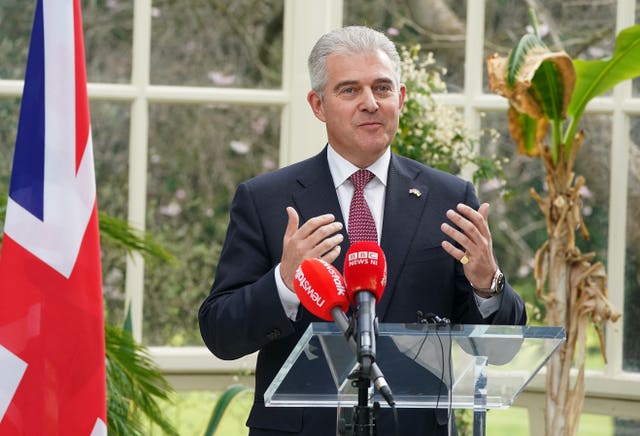UK border pass proposal ‘very damaging’ to Northern Ireland
The UK Government’s plans could see foreigners need an Electronic Travel Authorisation pass when crossing the border.

The Irish premier has condemned UK Government plans that could see foreigners require an Electronic Travel Authorisation (ETA) pass when crossing the border.
The plan has proved controversial even though the UK Government insists it will not mean checks at the border between the Republic and Northern Ireland.
Taoiseach Micheal Martin told an Irish parliamentary committee: “We’re engaging with the British Government to try and change it with a view to ensuring that it does not interfere with mobility on the island.”
He said it “could be very damaging” to Northern Ireland and its tourist trade, suggesting there is a “range of issues that clearly haven’t been foreseen”.
The border proved a major sticking point in Brexit negotiations amid concerns seamless movement between the two jurisdictions could be affected by the UK’s exit from the European Union.
This is not the first time the Irish Government has expressed alarm about the plans.

He also stressed that the plan, contained in the Nationality and Borders Bill, will not have an impact on the Common Travel Area.
Nonetheless, some politicians and business representatives warned that the plan, if realised, could have a detrimental impact on Northern Ireland and mobility on the island.
Sinn Fein senator Niall O Donnghaile told Mr Martin it was “crazy stuff” and “off the wall”.
Mr Martin responded: “I agree. It’s hard to comprehend really from our perspective how this could get onto the table and I think it runs contrary to spirit of the Good Friday Agreement.”
He said the Government is aware of the problem and will continue to engage with the UK.





